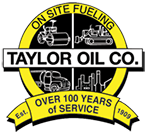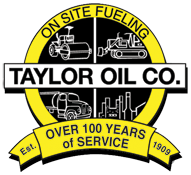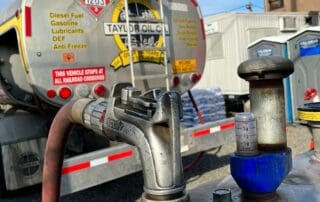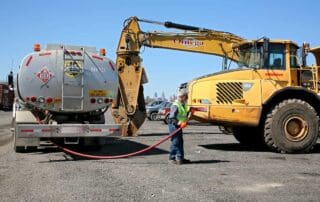Navigating the Challenges of Bulk Marina Fuel Delivery
Navigating the Challenges of Bulk Marina Fuel Delivery - Bulk fuel delivery plays a vital role in ensuring the smooth operation of marinas and boating activities. From refueling recreational boats to providing fuel for commercial vessels, marina fuel delivery services are essential for keeping maritime activities afloat. However, this process comes with its own set of challenges. Storage and Handling: One of the primary challenges of bulk marina fuel delivery is the storage and handling of large quantities of fuel. Marinas need to have proper storage infrastructure that meets safety regulations and minimizes environmental risks. Furthermore, fuel must be handled carefully to prevent spills or contamination. Adequate training, monitoring systems, and preventive measures are essential to ensure the safe storage and handling of fuel. Supply Chain Management: Managing the supply chain for bulk fuel delivery can be complex. Marinas need to establish reliable partnerships with fuel suppliers to ensure a consistent and timely supply of fuel. Coordinating deliveries with suppliers, monitoring inventory levels, and predicting demand require efficient logistics and communication. Additionally, unexpected supply disruptions due to weather conditions or other factors can further complicate the supply chain management process. Regulatory Compliance: Complying with regulations is a critical aspect [...]







